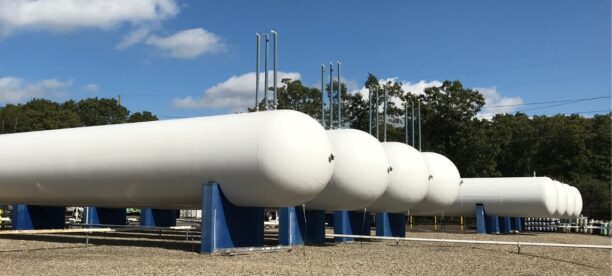What Propane Buyers Are Really Looking For in Small Companies

Across the propane industry, there’s been a steady rise in big companies buying smaller, locally owned propane businesses. If you’ve been running your operation for years, you may have already received a call or email from one of these buyers. You’re not alone. This growing trend is changing how propane is delivered, how companies are valued, and what the future might look like for smaller propane providers.
It’s easy to wonder why this is happening now. What makes small propane companies so attractive to these larger players? Is it about profits, market control, or something else entirely? If you own or manage a propane business, knowing what’s behind these deals can help you make better choices about your future – whether you plan to sell, grow, or stay small and independent.
Why the Propane Market Is Drawing Interest
Propane continues to play a vital role in both residential and commercial energy use. Many rural areas still rely on propane for heating, hot water, cooking, and farming equipment. Even as other energy sources grow, propane stays in demand. For big companies, this consistent need makes the market attractive and stable.
What makes smaller companies so appealing is the customer base and the long-standing local trust that comes with it. Larger companies see smaller propane providers as a way to expand their reach without having to build new operations from scratch. Purchasing a local provider means getting instant access to a loyal customer base and the infrastructure that supports them including tanks, trucks, and delivery routes.
The Value of Local Companies
Most local propane companies have something national buyers can’t easily replicate: strong relationships. These are built over years of showing up, delivering on time, and helping families and businesses stay warm and safe. That kind of local trust is hard to create from the ground up. So instead of trying to compete with that, big buyers would often rather simply acquire it.
Buyers also value good service records, healthy financials, and stable employees. If your company runs efficiently, prioritizes safety, and maintains consistent and complete paperwork, it becomes even more attractive. These deals aren’t just about size; they’re about quality and trust.
What Buyers Do After the Sale
When a small propane business is bought, the results vary. Sometimes, the new owner keeps the original name and staff in place to maintain trust. In other cases, they slowly replace the original branding and shift systems to match the larger company’s way of doing things.
From the buyer’s side, it’s often about growing profit and streamlining operations. That can mean automating systems, changing pricing strategies, or adjusting delivery schedules. Some companies focus on growth through technology and tools. Others rely on old-fashioned business sense and larger-scale buying power to improve their margins.
What This Means for Owners
If you run a propane company today, this trend should make you think. Are you building something you want to pass down or sell later? Do you know what your company is worth? Are your operations clean and efficient? The better you can answer these questions, the more control you’ll have over your choices down the road.
Even if you’re not looking to sell, it’s still smart to think about what these changes mean for your area. If a large consolidator buys your closest competitor, will you lose market share? Or could it be an opening to offer better, more personal service to customers who prefer local care?
Implications for Local Propane Companies
Big consolidators will likely keep buying small propane companies as long as the market stays steady and customer trust remains valuable. This means more change is coming for the industry. But it doesn’t have to be a threat. Instead, it can be a chance to grow, improve, or plan for a smart exit if that’s what you want.
For propane businesses that want to stay independent, now is the time to focus on what makes you different. Strengthen your customer ties, run a tight operation, and keep records clean. For those open to selling one day, knowing your numbers and getting ready will give you more power at the negotiation table.
Whether you’re staying as is, selling, or somewhere in between, this shift is shaping the future of propane – and how well you prepare will shape your role in it.














